- Exams, Testing and Assessment
- Computer Literacy
- Portfolio Management
- Laboratory Practice
- Study Groups
- Community Service
- Certification
Each course has an academically planned set of quizzes, comprehensive exams that measure knowledge and skill attained. The exams are graded on a point scale. Assessment quizzes are administered weekly, with two attempts, open notes allowed. This offers the student an opportunity to display learning, and use the quiz as a learning resource. The assessment quizzes are based on questions and concepts pending for the next subsequent graded exam. All questions are taken from lecture, readings and lab activities.
Required coursework outside of the SURG-numbered classes is integrated into the surgical technology program. Examples include A&P, micro, medical terminology, math, computer skill, communication, and English. These peripheral courses are used to form a foundation for detailed coursework in surgical technology. Students should continue to review these courses as adjunct to the main surgical technology program.
All students are expected to participate in the Blackboard environment sponsored by Lakeland. Grades are posted, assignments, pertinent documents for clinicals, and required readings are found on the site. Participation is required and monitored.
Homework is done in a Microsoft Word Document format and printed for submission. Do not upload into email. Computerization is an important part of the program and the resultant career progression. The certification exam is computerized and computer use must be comfortable to prevent confusion at the exam time.
Students are expected to utilize the portfolio system established by the Perioperative Education Department. The portfolio is referred to as "The Greenbook." Every case is documented to validate clinical experience for future employers according to the 7th edition of the Surgical Technology Core Curriculum. The Greenbook is brought to class during exam periods and is checked for completeness by instructional staff.
The Greenbook is an exercise in accountability and responsibility. The Surgical Technology Program Handbook with all the policies and practice criteria is found in the beginning of the Greenbook. A section is dedicated to logging lab practice progression to be maintained by the student.
The students are required to include copies of each syllabi in the tabbed sections. (SURG 1100, 1300, 1500, 2100, 2300, 2500, and 2600) Upon graduation the Greenbook portfolio can be taken on job interviews as a comprehensive collection of educational experiences and clinical activities. Employers are impressed by the organization of the data.
Although class time is allotted for lab sessions, each student is required to perform independent lab practice time. Each student has a key code for lab access during open hours of the college. Sterile technique requires careful attention to detail not commonly practiced in daily life. Lab sign-up on the classroom calendar is monitored.
Many students organize practice sessions. Teams are formed for in-class collaboration.
First and second year students participate in the Student Surgical Technologist Organization community service project, a group collection of supplies for a beneficiary non-profit group. Student vote on the beneficiary each year. The students steer the event as a teamwork exercise and community service project.
The collection lasts the entire month of November each year. Boxes are placed throughout the college for collection. The students gather the donations and distribute the items to the beneficiary during the first week of December. The students organize and execute the event. The project was implemented in 2001 and is a longstanding tradition in the Perioperative Education Department.
Graduates of the Lakeland Community College surgical technology program are required by the accrediting body to take the national certification exam as part of the graduation process. The certification exam is offered on campus the week following commencement. Students, who are members of the Student Surgical Technologist Organization (SSTO) have their exam paid for by the SSTO treasury. Certification exam pass rates for can be found here: https://www.lakelandcc.edu/web/about/surgical-technology-departments
- Surgical Technology Program Guide
- Current students: Click here to upload your Health Technologies Admissions Application
- Surgical Technology Current Schedule
- Health Programs Admissions Requirements
- Tuition, Fees & Expenses [.PDF]
- Surgical Technology Program Accreditation
- Surgical Technology Program Accreditation - ARC/STSA
- Professional Association of Surgical Technologists
- National Board of Surgical Technology and Surgical Assisting
- AST Core Curriculum

